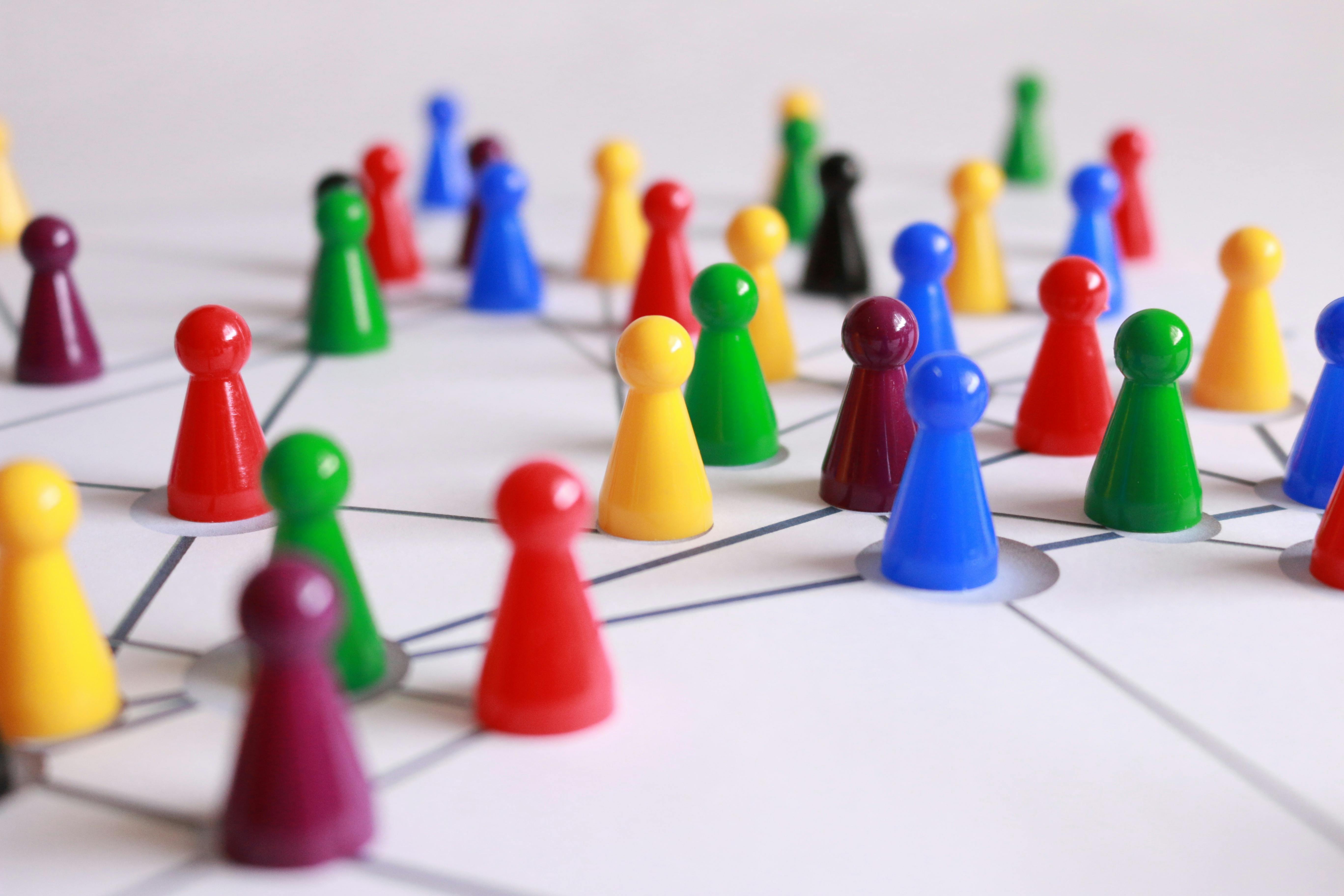Reflections on social disruptions

Kristel Van der Elst, Director General, Policy Horizons Canada shared the following reflections at the European System of Central Banks and Single Supervisory Mechanism (ESCB and SSM) Conference for Board Members, organized by the European Central Bank on November 14, 2024. The reflections focused on current and emerging social phenomena that are shaping our world, and how they relate to trust and resilience in society.
A few years ago, Policy Horizons began examining how society might respond to significant social changes. We observed shifts in how people connect, understand the world, form their identities, choose their associations, and make collective decisions. These changes have already had profound impacts. Looking ahead, we anticipate even more social transformations in the coming years.
For an organization in the public sector, having good foresight on social change matters in at least 2 ways. First, such changes impact those who work for and lead institutions – and, by extension, institutional, leadership, performance, and trust. In addition, social changes reframe how to communicate about policies and decisions, how they land with the public, and how they influence public resilience and trust.
Trust and resilience are increasingly fragile and difficult to maintain. This includes trust among people, among institutions, and between people and institutions. Changes in how people make sense of the world play a key role here. Sense-making involves how people gather information and interpret it – along with their lived experiences – to make decisions and take action. Technologies influence this but so do powerful social and cultural shifts.
I would like to highlight 3 important ongoing changes that influence – and will continue to shape – how we make sense of the world, who and what we trust, and our resilience as individuals and communities.
First, we are increasingly facing a future in which people cannot tell what is true and what is not. The information ecosystem will be flooded with high-quality, persuasive deepfakes, capable of deceiving most people. This confusion between real and fake might be heightened by the arrival of personal AI assistants and by the pervasiveness of AI in our daily lives. AI assistants will help us navigate the sources of information, synthesize information for us, and possibly even make decisions for us.
If, like today’s algorithms, those assistants are optimized for emotional engagement rather than factual reporting, users may be subject to subtle yet powerful emotional and behavioural manipulation. And, since AI can be easily deployed on existing infrastructure, often without users even realizing it, people may find it harder to keep up with what data is collected, or where and how it is used. As a result, almost no one will be fully aware of when, where, and how they are being influenced.
In this future, it would be much harder to know what or whom to trust.
In recent years, we have also seen major shifts in who people see as authority figures and experts, who people turn to for opinions and advice, and who people deem trustworthy. Governments and public institutions have seen significant declines in authority and trust. How this will evolve depends, among other things, on how successfully governments manage the disruptions people experience daily, and which are so harmful to social resilience.
The business world still enjoys some sense of trust, but that is also at great risk in the future. Continued trust in private actors will be shaped, in part, by how AI is deployed, their use of surveillance technologies, and how the next generation fares. Consider the wealth of personal, digital, biological, and psychological data that are currently collected and one day will be leveraged in ways that are impossible to predict. This could change the lives of the next generation.
And last, there are important shifts in narratives and values that affect trust and how people make sense of the world. Change in these spaces is broad, deep, and fast-paced. Here are a few examples:
- The life course narrative of “study hard, work hard, and you will succeed” is increasingly misaligned with many people’s experiences. Moreover, upward social mobility may become even more difficult if the benefits of evolving technologies go mainly to powerful individuals, groups, and states
- The concept of the household is also changing. Older models of household structure where one partner gets paid to work are not economically viable for most. There are also shifting socio-cultural values around romantic relationships, parenting, and inter-generational relations
- Gender norms and ideals continue to evolve. Boys and men face unprecedented levels of educational dropout, unemployment, and loneliness that challenge traditional masculinity. Women simultaneously face growing economic independence and increased violence as debates about traditional gender roles deepen and polarize. Views on non-traditional gender identities are in flux. And, increasingly, ideological divides correlate more strongly with gender
Beyond shifts in narratives and values, accelerating cultural diversification of national populations has provoked strong reactions. Going forward, distinct value-based visions for societies may come into conflict with one another. And, as people spend more and more in online bubbles defined by shared values, cultural divisions may prove insurmountable.
This ultimately threatens social cohesion, potentially to the point where it may become almost impossible to reach any kind of broad consensus or engage in cooperative action. It could also shift perspectives on the role of the state and the social contract that individuals make with it. This is not an abstract concept. After all, it could affect broad willingness to engage with systems essential to the functioning of society: systems like taxation, education, and healthcare. Ultimately, social splintering on this level could undermine the very notion of national identity and affiliation.
Society’s future remains unclear. But at the very least it seems clear that many common assumptions about how societies, states, and the world work may no longer hold in the future. It would be a mistake to ignore such profound disruptions.